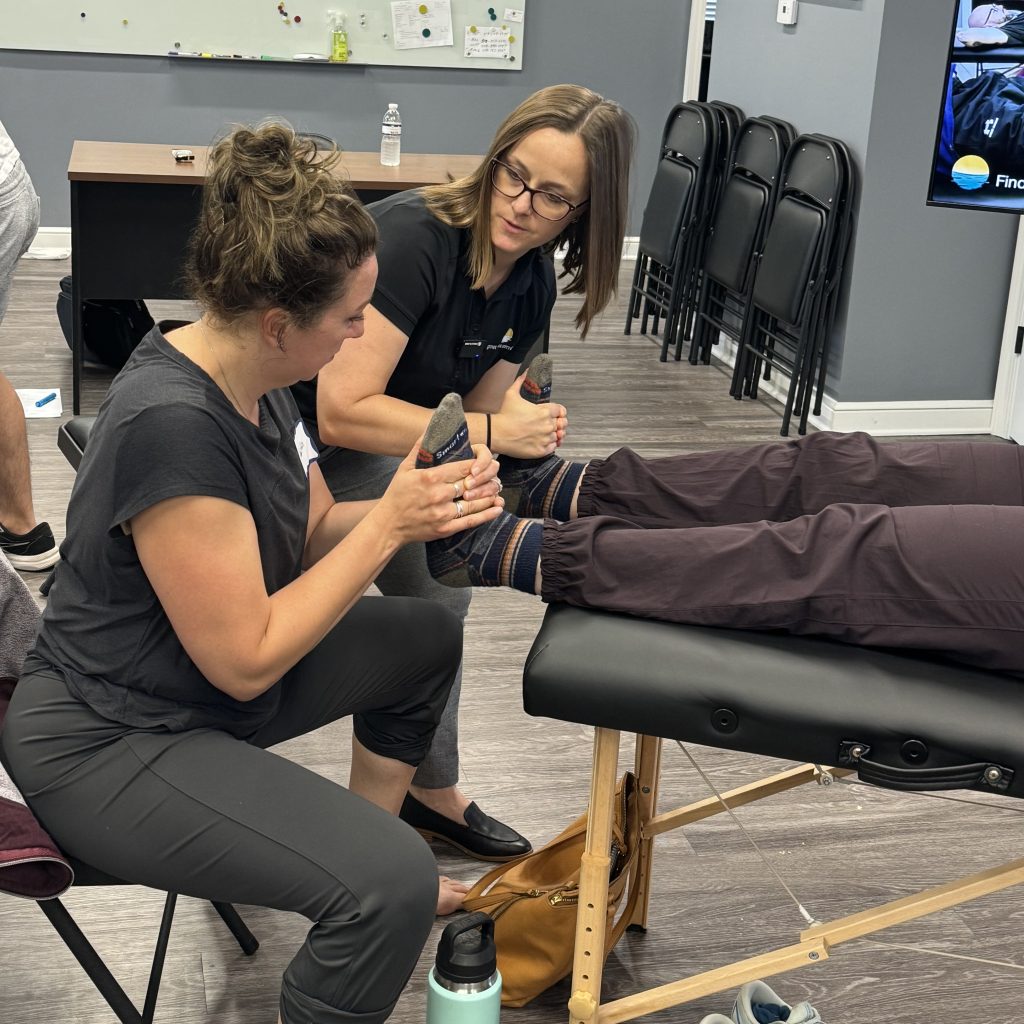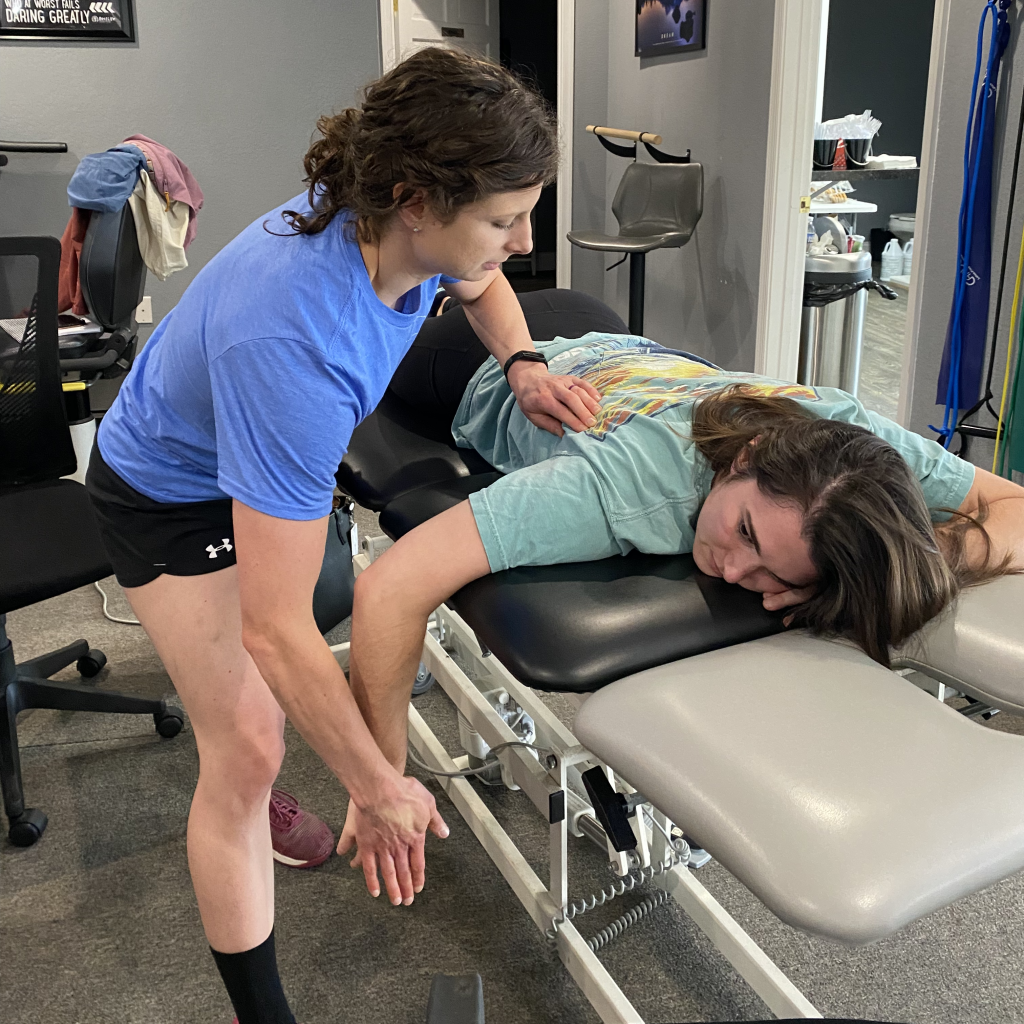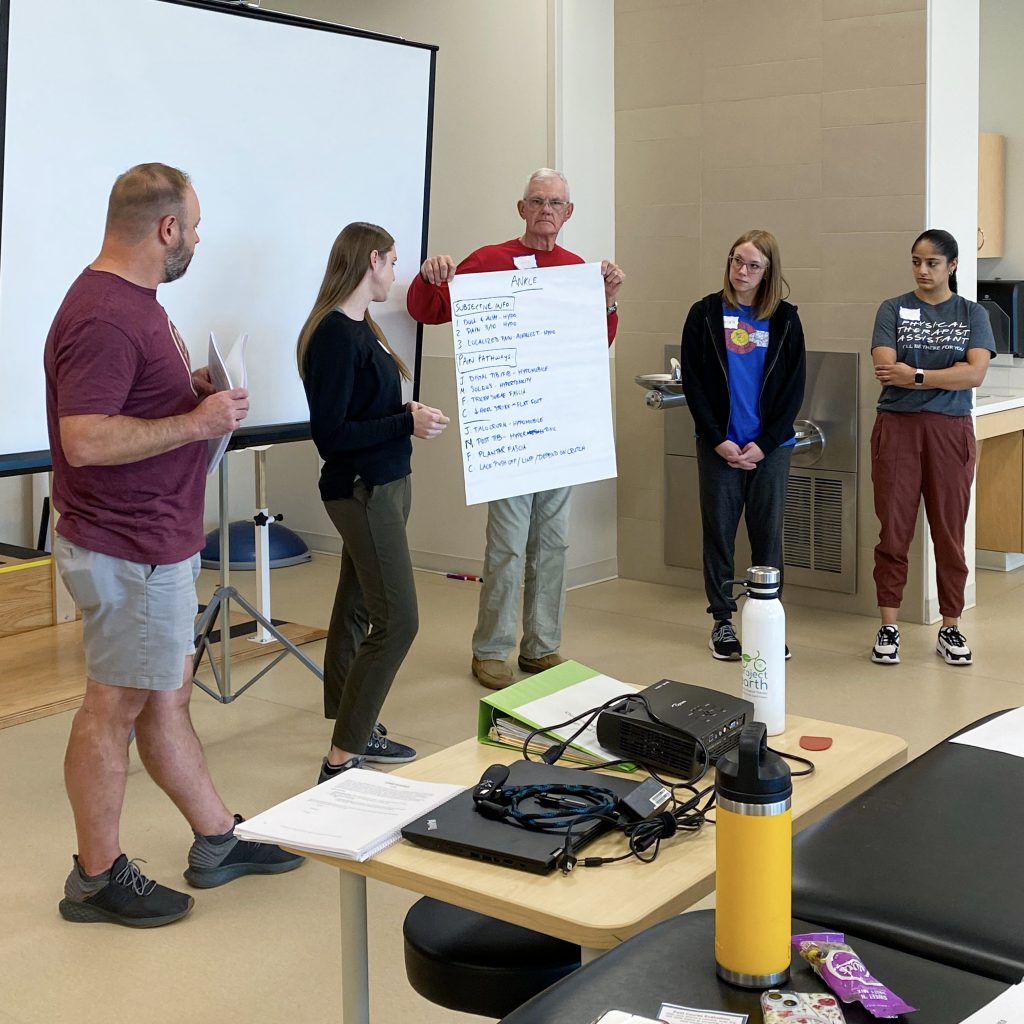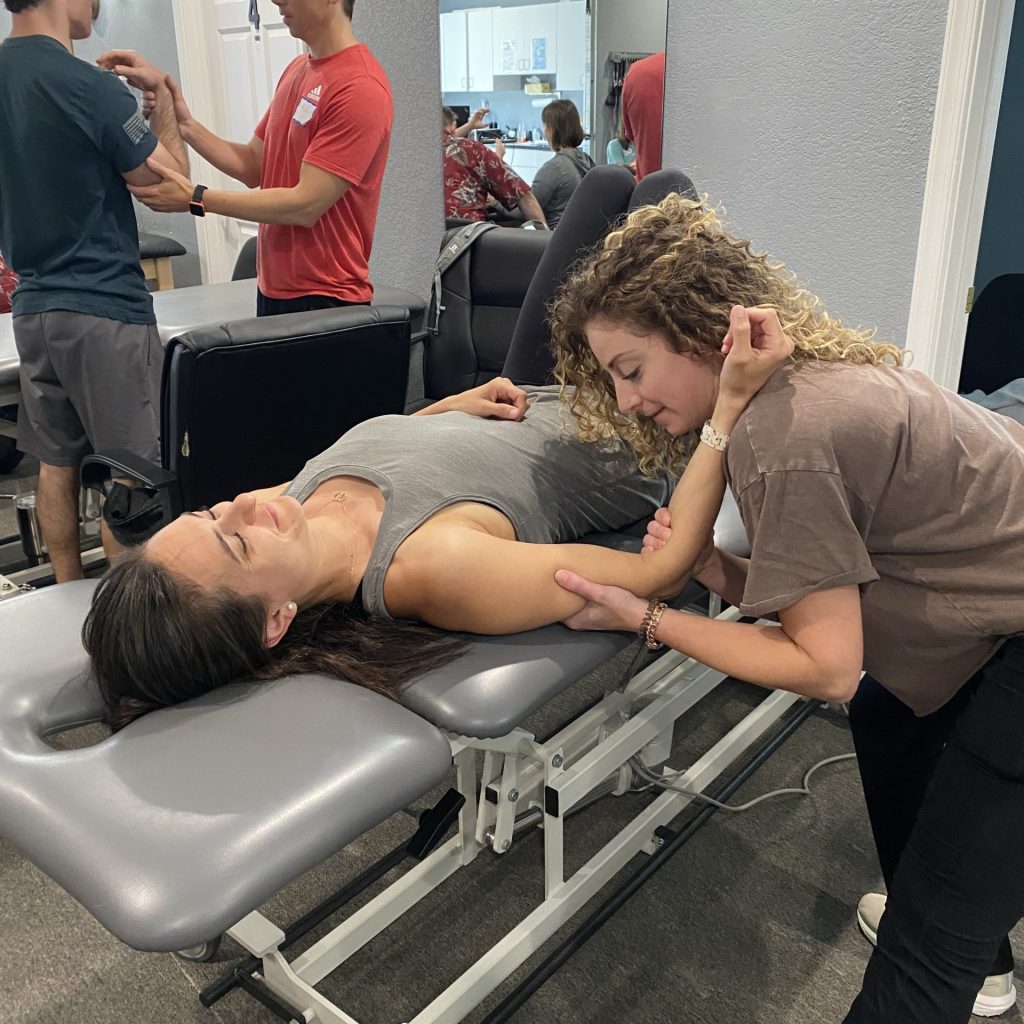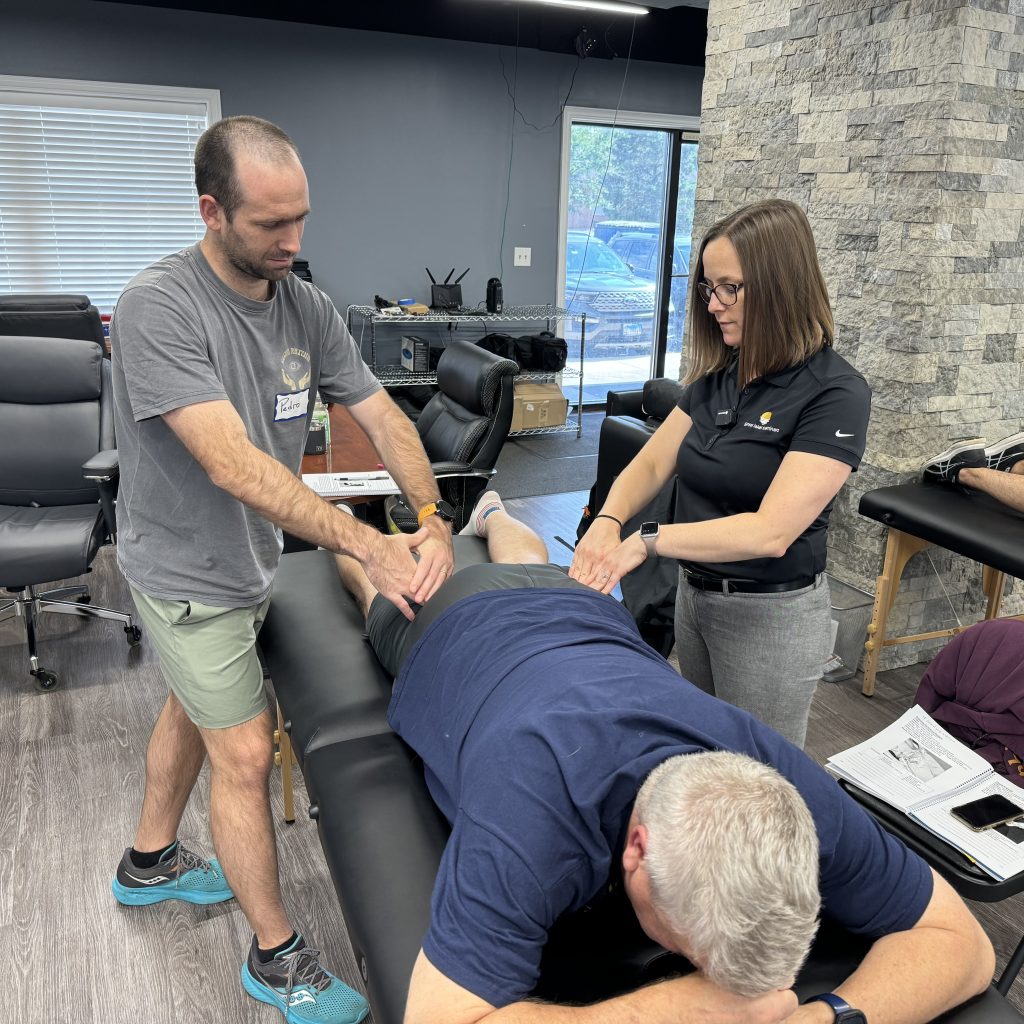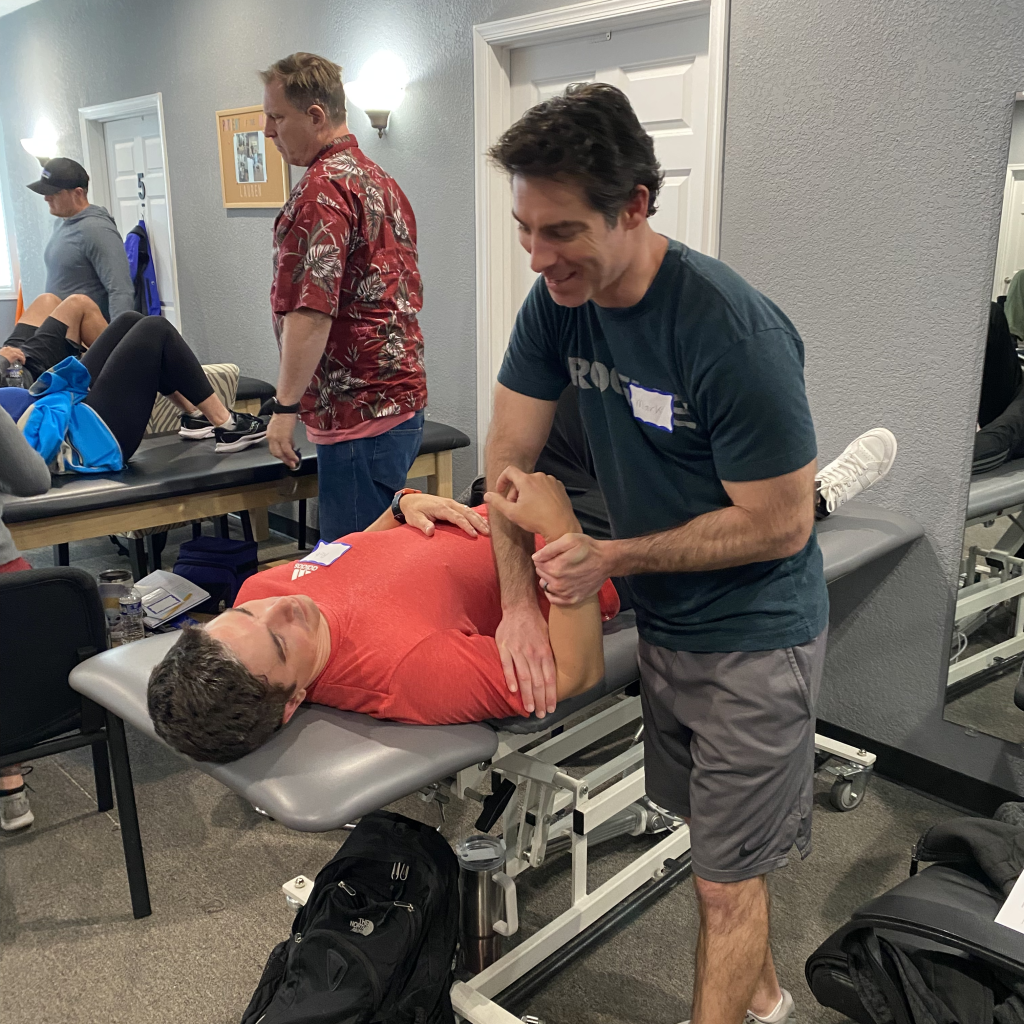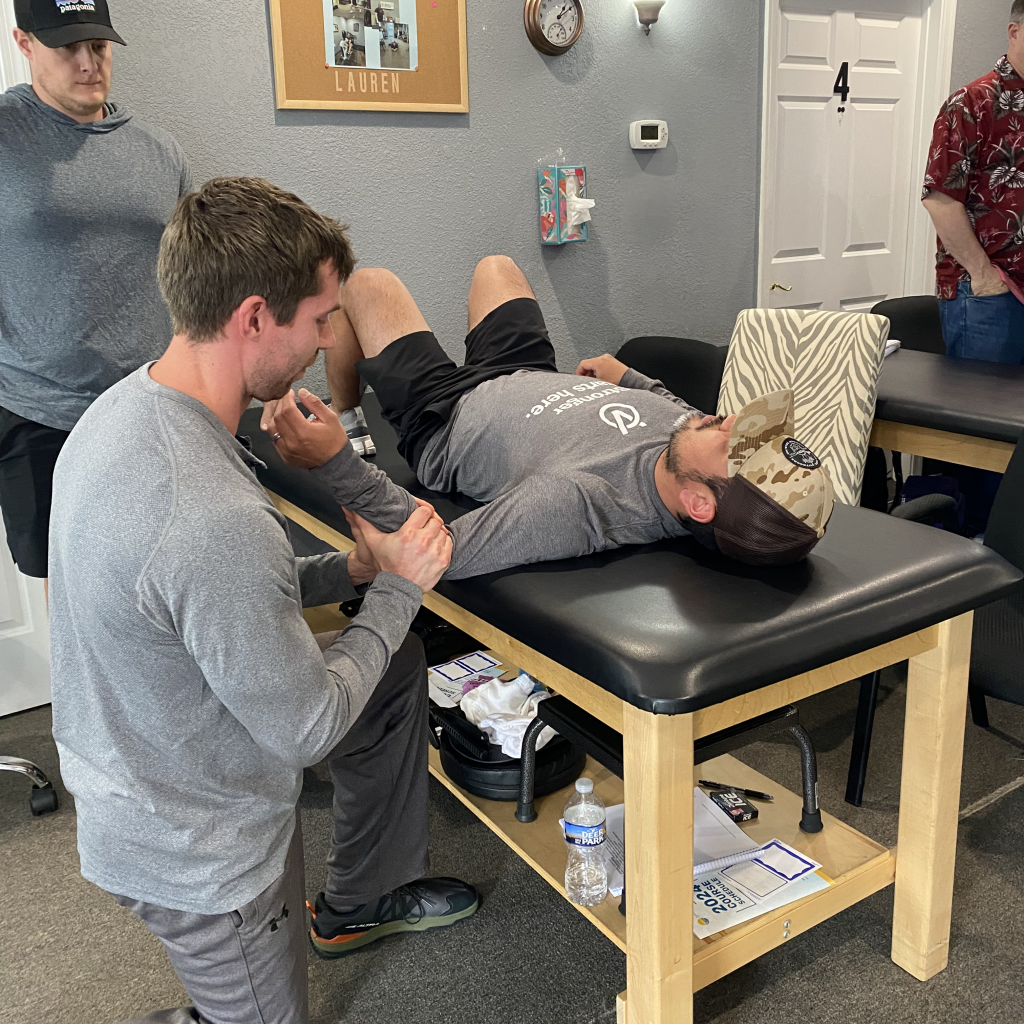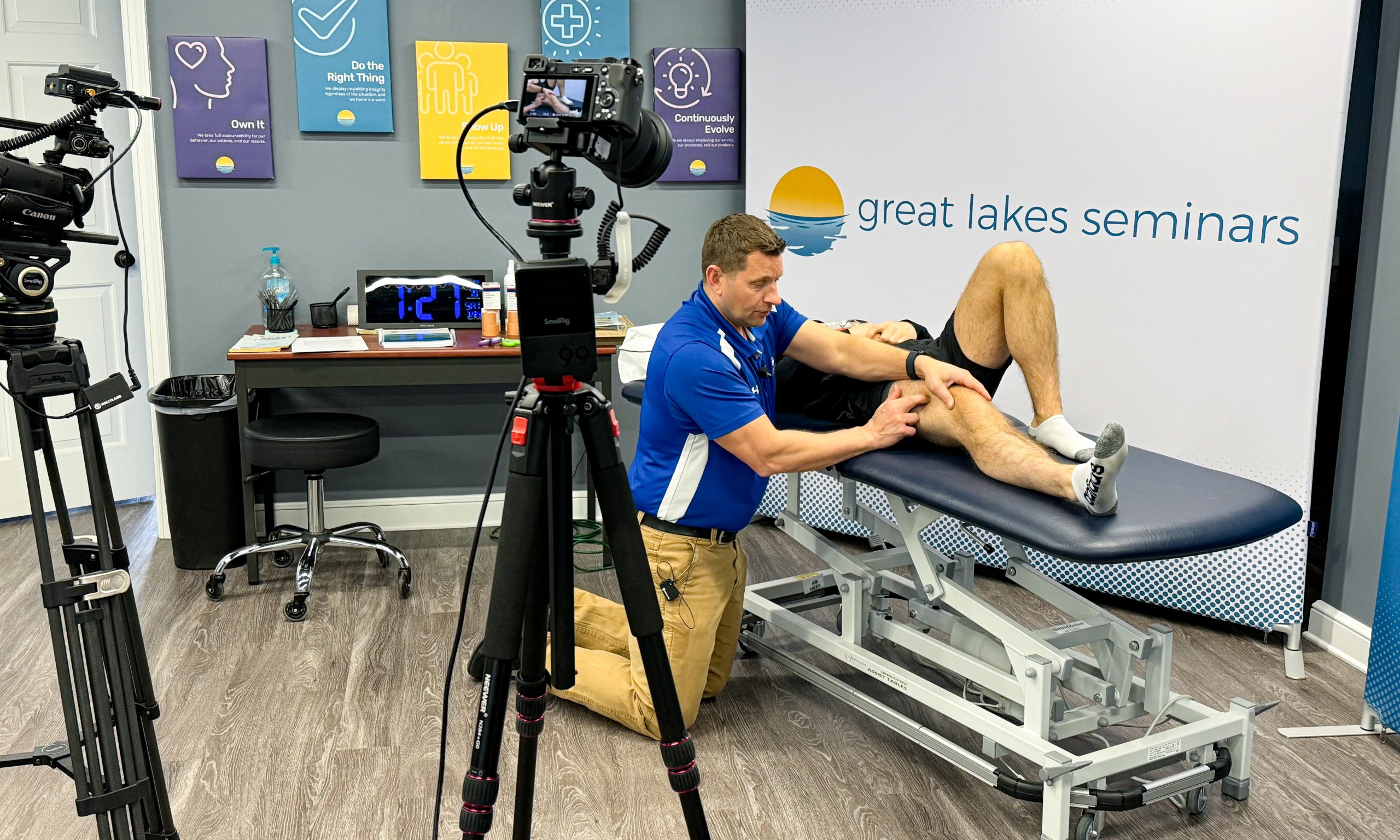- In-Person Courses
-
In-Person Course Topics
- NEW! BPPV Treatment (4 Hours)
- Advanced Anatomy
- Advanced Extremities
- Advanced Spine Concepts
- Building Better Balance
- Cervical-Thoracic Mobilization
- Complex Pain (1 Day)
- Comprehensive Foot and Ankle
- Comprehensive Hip
- Comprehensive Knee
- Comprehensive Shoulder
- Corrective Exercise (1 Day)
- Extremity Mobilization
- Finding Dysfunction
- Functional Strength
- Headache Treatment (1 Day)
- Lumbar Complex
- Myofascial Release
- MFR Functional Integration
- Overhead Athlete
- Optimizing UE Exercises (1 Day)
- Optimizing LE Exercises (1 Day)
- Optimizing Spinal Exercises (1 Day)
- Pelvic Health
- Rehabbing the Runner
- Sacroiliac Mobilization
- Synthesis CIMT Certification
- TMD Treatment
- Understanding Pain (1 Day)
- Vestibular Rehabilitation
-
- Live Online Courses
- Host a Course
-
Private Course Interest
Public Course Interest
Private Course Interest
Public Course Interest
-
- Get Certified
- Resource Center
-
- Blog
- In-Person Courses
-
In-Person Course Topics
- NEW! BPPV Treatment (4 Hours)
- Advanced Anatomy
- Advanced Extremities
- Advanced Spine Concepts
- Building Better Balance
- Cervical-Thoracic Mobilization
- Complex Pain (1 Day)
- Comprehensive Foot and Ankle
- Comprehensive Hip
- Comprehensive Knee
- Comprehensive Shoulder
- Corrective Exercise (1 Day)
- Extremity Mobilization
- Finding Dysfunction
- Functional Strength
- Headache Treatment (1 Day)
- Lumbar Complex
- Myofascial Release
- MFR Functional Integration
- Overhead Athlete
- Optimizing UE Exercises (1 Day)
- Optimizing LE Exercises (1 Day)
- Optimizing Spinal Exercises (1 Day)
- Pelvic Health
- Rehabbing the Runner
- Sacroiliac Mobilization
- Synthesis CIMT Certification
- TMD Treatment
- Understanding Pain (1 Day)
- Vestibular Rehabilitation
-
- Live Online Courses
- Host a Course
-
Private Course Interest
Public Course Interest
Private Course Interest
Public Course Interest
-
- Get Certified
- Resource Center
-
- Blog


